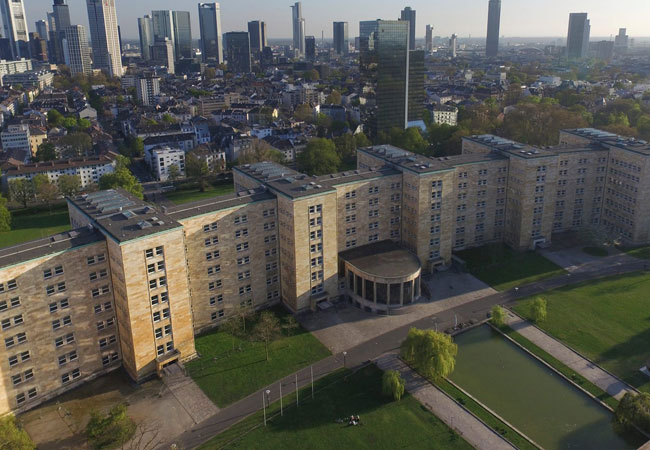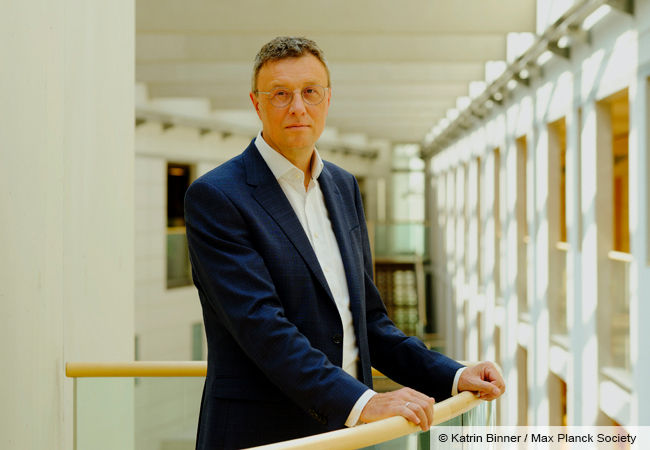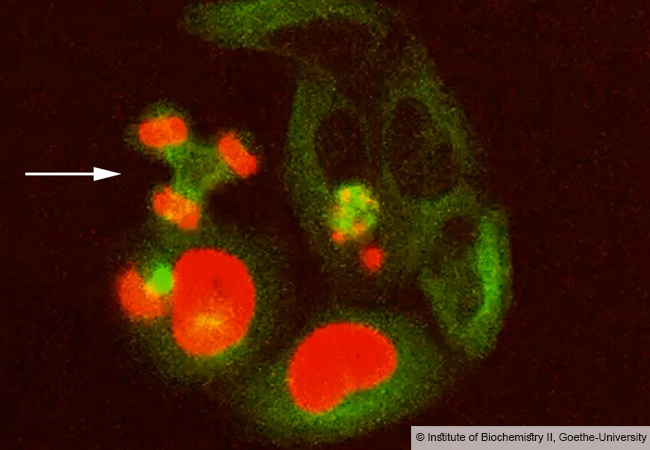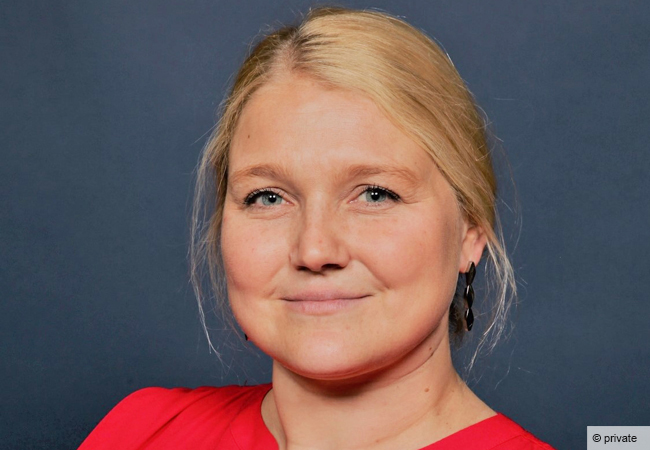Goethe University’s “Experiences of Racism and Discrimination in Police Contact” (RaDiPol) project will commence its research activities in July. RaDiPol examines the experiences and perceptions of racist and other forms of misanthropic discrimination by the police, by focusing in particular on the perspectives of those affected. The project’s three main goals are:
- to survey the extent and underlying structure of racist discrimination by the police from the perspective of those affected;
- to describe the impact on those affected as well as their overall relationship with the police and (majority) society;
- to investigate how the police handle the problem of racism and/or how significant this approach is to police work.
To capture different facets of victims’ perspectives, the RaDiPol team will combine quantitative and qualitative methods: In addition to holding representative surveys on the topic in several major German cities, the data generated in these polls will be further enhanced using qualitative expert interviews. In addition, focus groups with police officers will provide a better understanding of internal police perspectives on and ways of dealing with racism and discrimination.
Prof. Dr. Tobias Singelnstein, Professor of Criminology and Criminal Law at Goethe University Frankfurt and project co-coordinator, emphasizes: “Beyond the individual and at times drastic consequences for those affected, racism and discrimination by the police also send a signal to society.” At the same time, he points out that the “police are still in the early stages of dealing with racism and discrimination within their own ranks”, adding that this is why RaDiPol’s empirical investigation of the topic constitutes an important step.
RaDiPol sets out to expand and supplement both public debate and existing research on the subject with reliable findings on the frequency, type and nature of experiences and perceptions of racist discrimination during encounters with the police. This is particularly important not just when it comes to addressing the role of the police in society and its relationship to marginalized groups and communities, but also for the continuous further development of professional police work, for dealing with the consequences of discriminatory behavior, and for developing solutions to related problems.
Funded by the German Research Foundation (Deutsche Forschungsgemeinschaft, DFG), RaDiPol is a three-year cooperative project between the Chair of Criminology and Criminal Law at Goethe University Frankfurt and the Chair of Criminology and Sociology at the Hamburg Police Academy.
Further information about the project, its aims and ongoing work is available at https://radipol.uni-frankfurt.de/.







